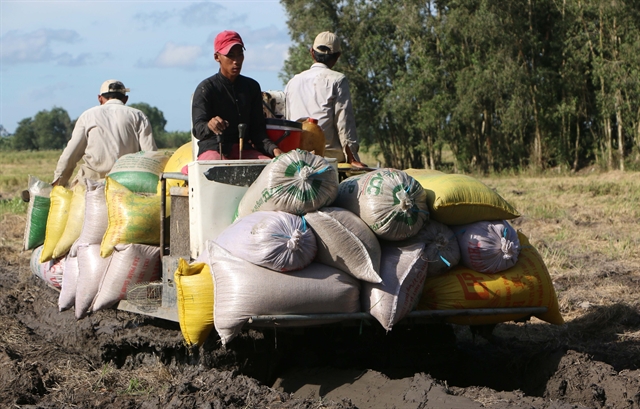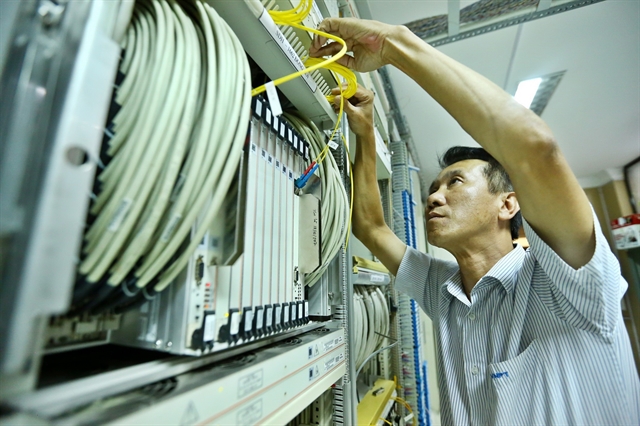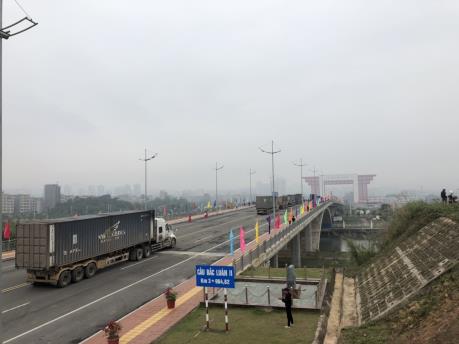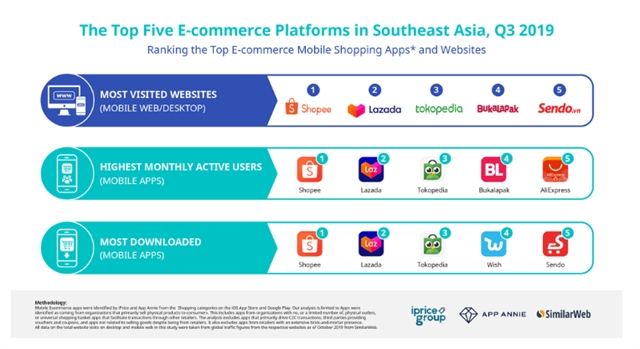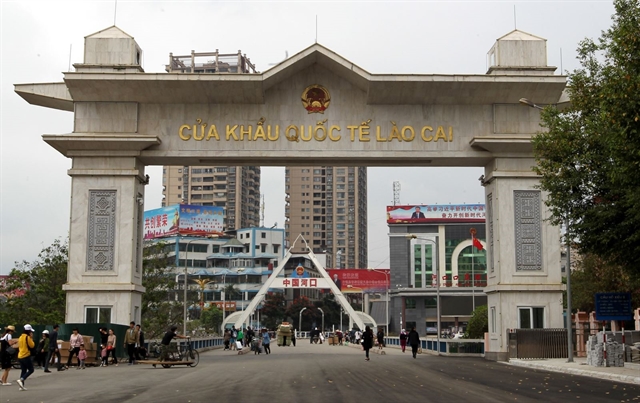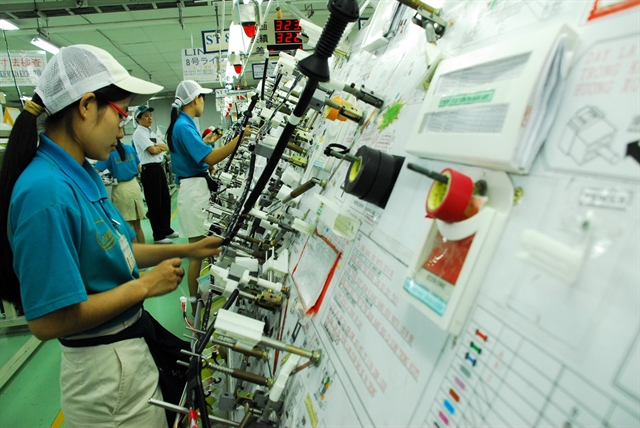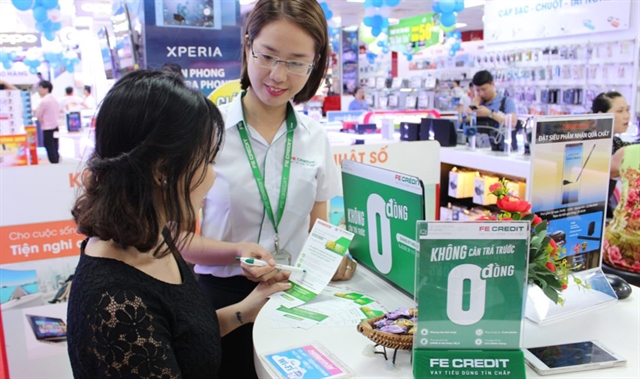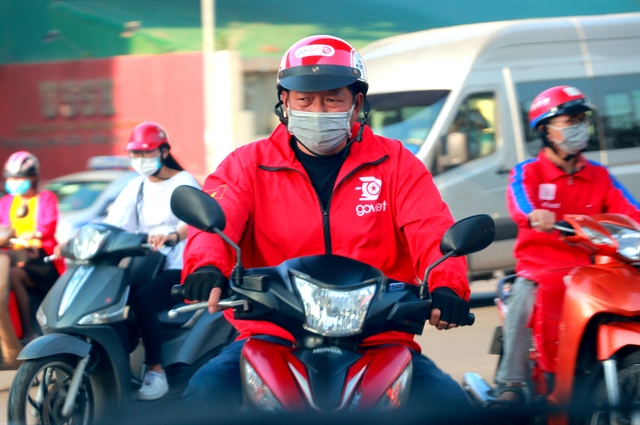
HÀ NỘI — The Vietnamese ride-hailing market has witnessed the entry of two new apps, Unicar and ZuumViet.
Unicar is a ride-hailing app developed by a group of young people in the central province of Nghệ An, with services such as ride-hailing, deliveries and car rental at low costs.
Services on Unicar include Uni Car (car service), Uni Bike (motorbike service), Uni Fast (fast delivery service), Uni Truck (logistics service) and Uni Rent (self-drive car rental).
The Unicar application is currently being tested in Vinh City, and will expand to Huế and Đà Nẵng in the near future.
Meanwhile, ZuumViet is in the process of recruiting drivers to prepare for its launch soon.
ZuumViet has chosen purple shirts to identify the brand.
ZuumViet's services include ZuumBike (motorbikes), ZuumCar (4-seater and 7-seater cars) and ZuumLux (luxury cars like Audi, BMW).
Before ZuumViet and Unicar appeared, the ride-hailing market was already fierce with brands such as Grab, GoViet, Be and FastGo.
There were 200 million rides completed through applications in the first six months of last year in Việt Nam, reported ABI Research.
Of these, Grab accounted for 73 per cent with 146 million.
Second place went to Be, which joined the market in December 2018, with 31 million rides, gaining a 16 per cent market share.
GoViet ranked third with 21 million rides, equivalent to 10 per cent of market share.
To compete with new applications appearing on the market, Grab recently introduced an “Advance Booking” service in Hà Nội.
The service allows Grab customers to book a ride at least seven days in advance.
Grab plans to test the service in Hà Nội this month before rolling out in other provinces and cities in the near future.
With the new service, we look forward to continuing to bring more convenient and smarter experiences to GrabCar users, thereby contributing to a sharing, seamless and smarter mobility future for our customers, said Nguyễn Thái Hải Vân, CEO of Grab Việt Nam.
Meanwhile, GoViet has released a report on its food delivery services over Lunar New Year, from January 17 to February 2.
The company received a total of nearly 900,000 food orders through its GoFood platform.
These orders marked a revenue increase for its partners of 120 per cent compared to last year’s holiday. — VNS
